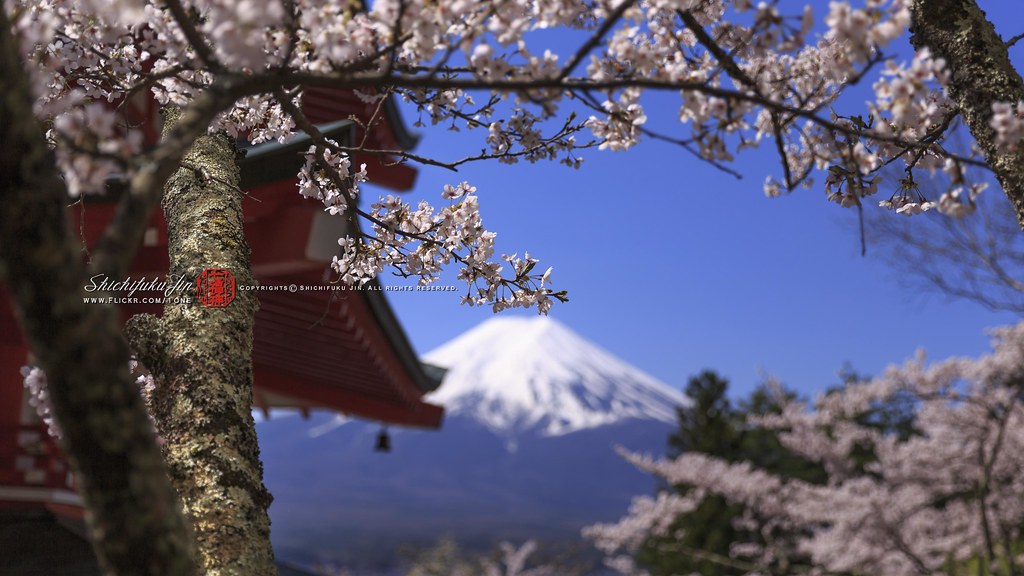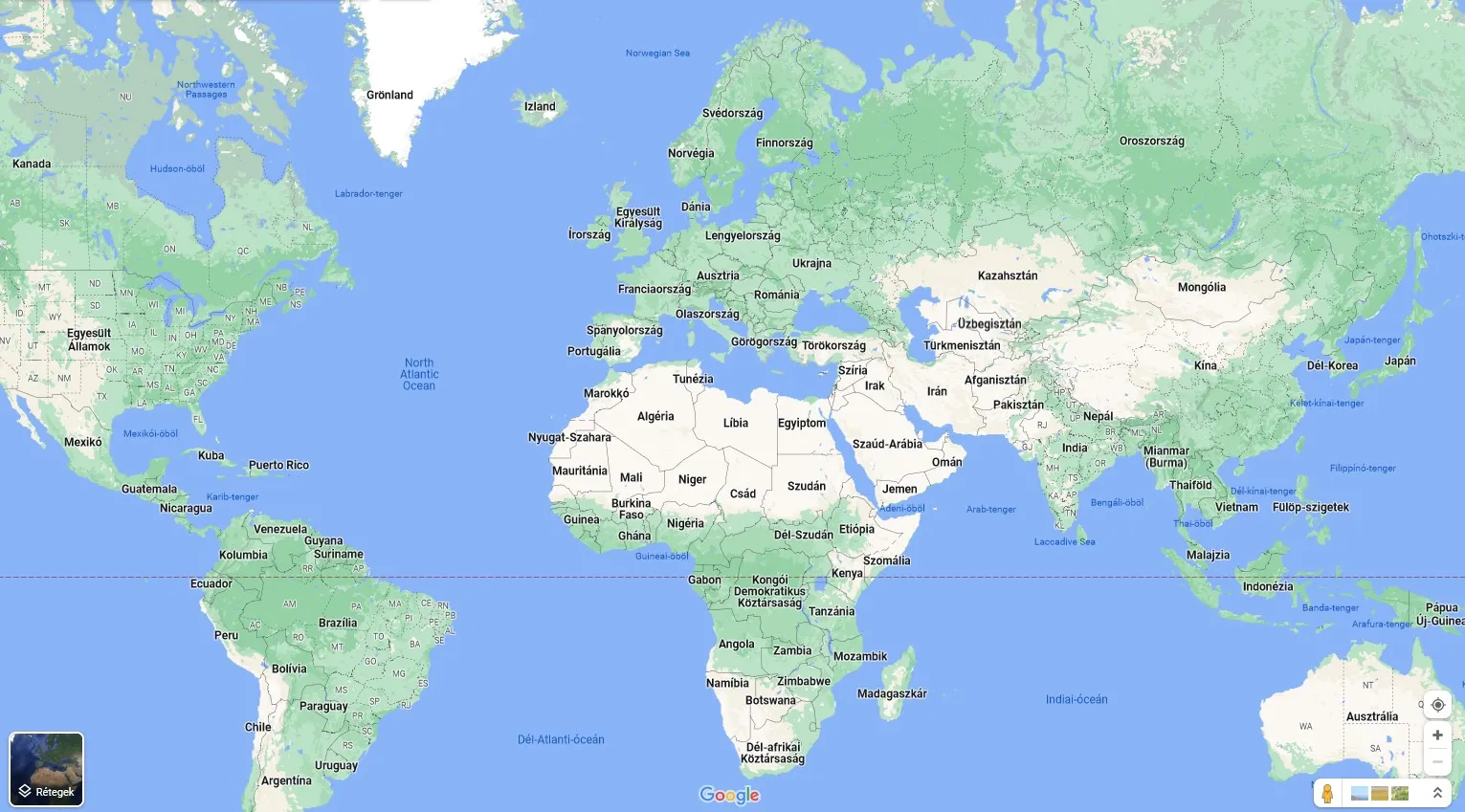Introduction
Japan is an archipelago with four main islands: Honshu, Hokkaido, Kyushu, and Shikoku. It also includes over 3,000 smaller islands. The country is located off the east coast of Asia and is bordered by the Pacific Ocean to the east and the Sea of Japan to the west. With a history dating back thousands of years, Japan is a unique blend of old and new, tradition and modernity.
Its economy is one of the most powerful in the world, with industries such as automobiles, technology, and robotics leading the way. The emperor serves as the ceremonial head of state while elected officials run the government. Japan is known for its beautiful landscapes, rich culture, and delicious cuisine, including sushi, ramen, and tempura.
Jump to Introduction, Geography, Climate, People & Society, Economy, Insight, Google Maps, Facts, and Did You Know about Japan. Or visit the driving directions page for routing instructions.
Geography
The mountainous terrain of Japan is a defining characteristic of the country, with over two-thirds of its land covered in forest. The mountains are not part of a single continuous range but are divided into many small land blocks, separated by lowlands and dissected by numerous river valleys. Due to its location on the Pacific “Ring of Fire,” Japan experiences regular earthquakes and volcanic eruptions, which have helped shape its dramatic landscape.

The Pacific coast is also vulnerable to tsunamis, which can be devastating. Despite these natural hazards, Japan’s hot springs and geothermal activity have been harnessed for their therapeutic and recreational benefits, making them popular attractions for tourists and locals. Japan’s natural environment is integral to its identity and has significantly shaped its culture and history.
Climate
The climate of Japan is generally temperate-oceanic, with distinct seasonal changes throughout the year. Spring is a time of warm temperatures and sunny weather, while summers are hot and humid, with high levels of rainfall. In some regions, particularly western Hokkaido and northwest Honshu, winters can be very cold, with heavy snowfall.
In recent years, Japan has been hit by several freak storms, typhoons, and floods that have caused significant damage and raised concerns about global climate change. The government has taken measures to mitigate these risks and invest in more sustainable infrastructure to protect against natural disasters.
Japan’s climate is influenced by its location on the Pacific Rim and the interactions between ocean currents and atmospheric systems. Despite regional variations in temperature and precipitation, the country has a generally mild and pleasant climate throughout the year.
People & Society
Japan is known for being one of the most racially homogeneous societies in the world, with a largely homogeneous population and a strong sense of social order and respect for elders and social superiors. This has traditionally been reflected in the country’s business culture, focusing on company loyalty and lifetime employment.
While there is little tradition of generational rebellion in Japan, the youth market is a powerful cultural force, with current fashion trends and media often targeting teenagers. The education system is highly pressurized, with intense competition for university places, as nongraduates may need help reaching management-level jobs.
In recent years, Japan has made strides towards greater gender equality, with long-term jobs for women now becoming the norm. The country also boasts one of the world’s best healthcare systems, though the increased longevity has led to an aging population, with one in four people already over 65.
The cost of living in Japan can be high, especially in urban centers like Tokyo. However, the country’s unique cultural offerings and high quality of life continue to attract visitors and expats worldwide.
The Economy
As the world’s third-largest economy, Japan is a major player in the global market. The country is renowned as a market leader in high-tech electronics and cars, with Japanese brands like Toyota, Sony, and Panasonic enjoying global recognition.
In recent years, Japanese businesses have spread their operations beyond their home country, becoming multinational corporations as they expand globally. Japanese management and production methods were once considered revolutionary, focusing on long-term research and development to facilitate innovation. The country has a talent for taking ideas from around the world and developing them into successful products and services.
Despite its global reach, Japan maintains a certain level of protectionism in its domestic economy. The country needs to be faster to reform its financial sector, which traditional economic power brokers still dominate.
Japan is a major importer of coal and other natural resources and energy, which has become increasingly expensive following a retreat from nuclear power after the 2011 earthquake and tsunami that caused massive damage. This change in energy policy has ended 30 years of trade surpluses, highlighting the economic challenges faced by the country.
Insight
Despite the rise of digital media, the Japanese remain some of the most dedicated newspaper readers in the world. According to recent statistics, around 47 million copies of newspapers are sold daily in Japan, making it one of the largest newspaper markets in the world.
Japan has a rich tradition of newspaper journalism, with a long history of print media that dates back centuries. Japanese newspapers cover various topics, from local news and politics to international events and entertainment. In addition to traditional newspapers, numerous online news outlets and news apps are available to Japanese readers.
While the popularity of newspapers has declined in many other parts of the world, their continued success in Japan reflects the country’s unique cultural and social values and the importance placed on staying informed about current events.
Google Maps

Facts
Name: Japan (none), local name: Nihon-koku / Nippon-koku
Languages: Japanese
ISO code: jp, internet: .jp
Capital city: Tokyo, GPS: 35 41 N, 139 45 E
Time: UTC+9 (14 hours ahead of Washington, DC, during Standard Time) (no daylight saving time)
Population: 123,719,238 (2023 estimate) (Japanese / Japanese (also singular and plural))
Urban population: 91.9% (2021) – 37.340 million, Tokyo (capital city), 19.111 million, Osaka, 9.566 million, Nagoya, 5.516 million, Kitakyushu-Fukuoka, 2.930 million, Shizuoka-Hamamatsu, 2.670 million, Sapporo (2021)
Location: Eastern Asia, an island chain between the North Pacific Ocean and the Sea of Japan, east of the Korean Peninsula. Japan is an Asian country. You may find 22 other countries on this continent.
Coordinates: 36 00 N, 138 00 E
Bordering countries: none
Land area: 364,485 sq km
Water area: 13,430 sq km
Total area: 377,915 sq km – Slightly smaller than California.
Terrain: Mostly rugged and mountainous
Highest point: Mount Fuji 3,776 m
Lowest point: Hachiro-gata -4 m
Major rivers: N/A
Natural hazards: Many dormant and some active volcanoes; about 1,500 seismic occurrences (mostly tremors but occasional severe earthquakes) every year; tsunamis; typhoons volcanism: both Unzen (1,500 m) and Sakura-Jima (1,117 m), which lies near the densely populated city of Kagoshima, have been deemed decade volcanoes by the international association of volcanology and chemistry of the earth’s interior, worthy of study due to their explosive history and proximity to human populations; other notable historically active volcanoes include Asama, Honshu islands most active volcano, Aso, Bandai, Fuji, Iwo-Jima, Kikai, Kirishima, Komaga-Take, Oshima, Suwanosejima, Tokachi, Yake-Dake, and Usu.
National holiday(s): Birthday of Emperor NARUHITO, 23 February (1960)
Did you know about Japan?
- Japan has more than 6,800 islands, but only about 400 are inhabited.
- Japan is one of the world’s most earthquake-prone countries, and it experiences over 1,000 earthquakes each year. However, Japan also has one of the world’s most advanced earthquake warning systems.
- Japan is famous for its hot springs, or “onsen,” which are natural hot water baths believed to have healing properties.
- Japan has the highest life expectancy in the world, with an average life span of over 84 years.
- Japan is home to the world’s busiest pedestrian crossing, the Shibuya Crossing in Tokyo. It is estimated that over 2,500 people cross the intersection each time the traffic lights change.
You may also be interested in other countries.
Do you like this Japan-related maps & fact page? Please don’t forget to share with others!